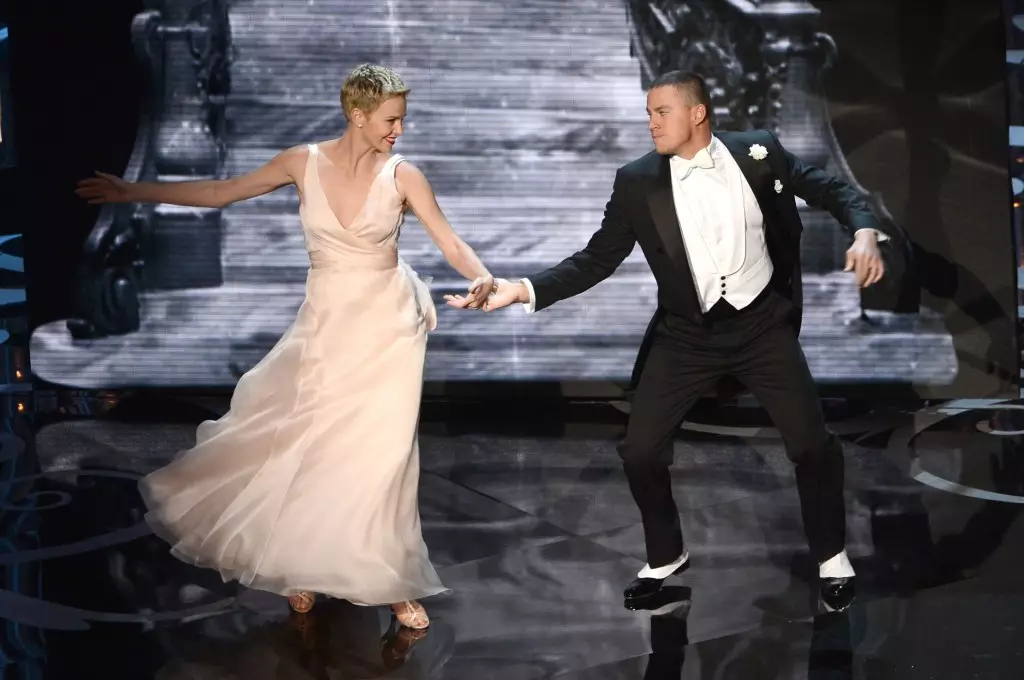The comedy genre, long a staple of Hollywood’s golden years, is experiencing an inspiring renaissance. After a period of dwindling box office numbers and a perceived creative slump, recent movements signal a determined effort to bring humor back to the forefront. This shift suggests that Hollywood recognizes comedy’s enduring appeal and its potential to connect audiences in a uniquely powerful way. The pending releases of sequels like “Happy Gilmore 2” and the return of classics like “The Naked Gun” indicate a conscious effort to capitalize on nostalgia while injecting fresh humor into contemporary cinema. The industry appears poised to re-establish comedy as both a box office magnet and a cultural touchstone.
A Strategic Power Move by Major Studios
Universal Pictures’ recent acquisition of “Dance Parents” underscores a strategic resurgence of comedy projects backed by major studios. In a competitive bidding war, Universal’s victory demonstrates their confidence in the genre’s lucrative potential. The project’s high-profile producers—Charlize Theron and Channing Tatum—bring star power and credibility that can catapult the film into mainstream success. Their involvement signals a trend where big-name actors are increasingly taking on roles behind the scenes to shape comic storytelling, blending star power with creative control for maximum impact. This move hints at a broader industry confidence in comedy’s capacity to evolve and attract both traditional audiences and new viewers looking for lighthearted escapism.
Building a New Kind of Star Vehicle
“Dance Parents” stands out as more than just another comedy—it’s positioned as a star vehicle designed to showcase the talents of Theron and Tatum. With Theron’s impressive acting credentials and Tatum’s established dance background, the film promises to blend sharp comedy with energetic dance sequences, appealing to diverse audiences. Their reunion, traced back to their on-stage dance duet at the 2013 Oscars, adds a layer of nostalgic charm that can intrigue viewers. This pairing also underscores Hollywood’s shift toward leveraging multifaceted stars who can command box office and contribute creatively. The film’s focus on competitive dance—a vivid, relatable, and often humorous world—could serve as a fertile ground for comedy rooted in universal themes of rivalry, family dynamics, and personal ambition.
Creative Collaborations and Industry Dynamics
The talent involved in “Dance Parents” reflects a broader trend of collaboration among industry veterans, blending expertise from different corners of Hollywood. Jonathan Levine’s involvement as director and producer, alongside seasoned writers like Meghan Malloy—whose work includes “Spider-Man: Into the Spider-Verse”—speaks to a concerted effort to craft a film with both humor and emotional depth. The production companies behind the project, including Theron’s Secret Menu and Tatum’s Free Association, exemplify a new model of partnership where actors become producers, ensuring creative control and strategic alignment. Such collaborations suggest a forward-thinking approach aimed at revitalizing comedy by merging star power with innovative storytelling.
More Than Just a Fluke
The commercial success of past projects like “Dog,” co-created by Tatum and Carolin, further bolsters confidence in comedy’s profitability. “Dog” surprised critics and audiences alike, grossing over $85 million despite COVID-19 challenges. This demonstrates that well-crafted comedy can thrive even in adverse circumstances, redefining audience expectations. Industry insiders see this as evidence that humor, when executed with quality and authenticity, possesses a resilience that can withstand shifting cultural attitudes and market dynamics. The new wave of comedy films and series promises a diversified landscape where laughter isn’t just incidental but central to Hollywood’s future strategy.
Implications for the Future of Comedy
As Hollywood doubles down on comedy, it becomes clear that this genre’s comeback isn’t merely about remaking old hits or cashing in on nostalgia. Instead, it signals a genuine belief in comedy’s ability to innovate and adapt, blending traditional humor with contemporary themes and diverse storytelling techniques. The involvement of high-profile stars, visionary directors, and creative entrepreneurs suggests that comedy will evolve into a sophisticated, multifaceted genre that appeals across generations. The next chapter in Hollywood’s storytelling saga might be defined by how creatively and courageously filmmakers embrace humor’s potential to entertain, challenge, and unite audiences in an increasingly complex world.
